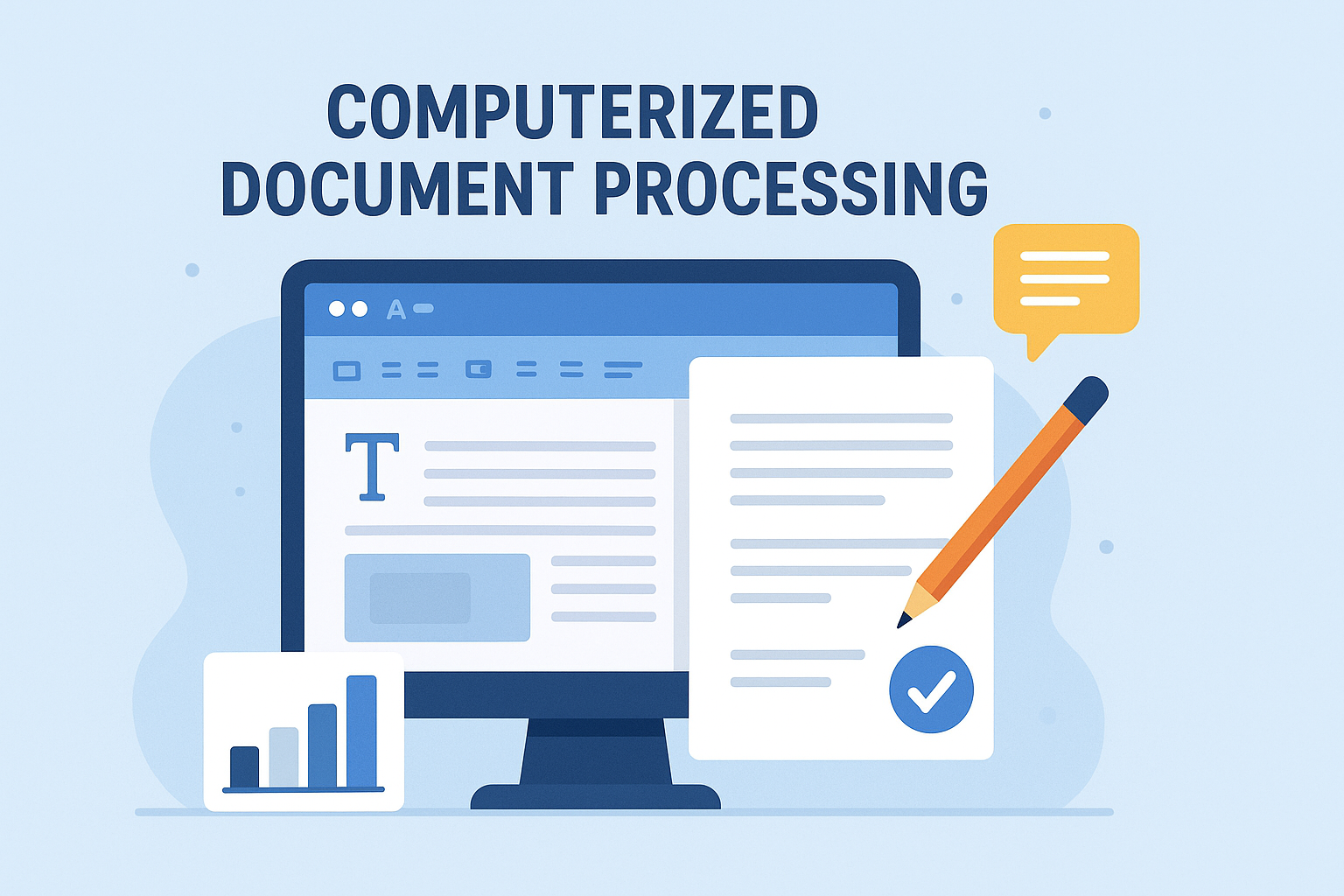- Teacher: Jeniffer Nkoroi
Jeniffer Nkoroi Gnomio
-
Welcome to your new Gnomio site
Now, you are in control!
Moodle is an open-source Learning Management System (LMS) that provides educators with the tools and features to create and manage online courses. It allows educators to organize course materials, create quizzes and assignments, host discussion forums, and track student progress. Moodle is highly flexible and can be customized to meet the specific needs of different institutions and learning environments.
Moodle supports both synchronous and asynchronous learning environments, enabling educators to host live webinars, video conferences, and chat sessions, as well as providing a variety of tools that support self-paced learning, including videos, interactive quizzes, and discussion forums. The platform also integrates with other tools and systems, such as Google Apps and plagiarism detection software, to provide a seamless learning experience.
Moodle is widely used in educational institutions, including universities, K-12 schools, and corporate training programs. It is well-suited to online and blended learning environments and distance education programs. Additionally, Moodle's accessibility features make it a popular choice for learners with disabilities, ensuring that courses are inclusive and accessible to all learners.
The Moodle community is an active group of users, developers, and educators who contribute to the platform's development and improvement. The community provides support, resources, and documentation for users, as well as a forum for sharing ideas and best practices. Moodle releases regular updates and improvements, ensuring that the platform remains up-to-date with the latest technologies and best practices.
Links of interest:
(You can edit or remove this text)
Available courses
This course introduces the principles and practical skills needed to effectively facilitate e-learning. Participants will learn how to engage learners in virtual environments, manage online discussions, use digital tools, and support learner motivation and collaboration. By the end of the course, learners will be able to confidently facilitate interactive, learner-centered online sessions.
If you want it more formal, more promotional, or tailored to a specific audience (teachers, corporate trainers, students), I can adjust it.
- Teacher: Jeniffer Nkoroi
-
Gender and power:Investigates how power is distributed unequally in educational settings based on gender, challenging patriarchal and heteronormative structures within schools.
-
Educational outcomes:Studies how gender differences affect achievement, attainment, and experiences in education.
-
Socialization:Examines how schools act as agents of socialization, reinforcing or challenging gender roles and stereotypes that children learn from their families and society.
-
Institutional factors:Analyzes how educational institutions, through their policies, curricula, and culture, either reinforce gender distinctions and inequality or work to dismantle them.
-
Teacher training:Equipping educators with the knowledge and skills for gender-responsive pedagogy and inclusive classroom practices.
-
Curriculum and materials:Addressing gender bias in textbooks and other learning materials and incorporating diverse perspectives and role models.
-
Inclusive language and practices:Using gender-neutral language, respecting students' preferred names and pronouns, and not relying on the gender binary in classroom organization.
-
Supportive school culture:Creating safe and inclusive spaces for all students and implementing anti-discrimination policies.
-
Policy and advocacy:Developing and implementing policies that specifically support marginalized genders and address systemic inequalities in education.
- Teacher: Jeniffer Nkoroi

This course provides learners with the knowledge and practical skills required to design, implement, and manage flexible and blended learning environments. It explores innovative approaches that integrate face-to-face instruction with online and self-paced learning to enhance access, participation, and learner engagement. Learners will examine key theories, models, and technologies that support flexible and blended learning, including the use of learning management systems (LMS), digital tools, and open educational resources (OERs).
- Teacher: Jeniffer Nkoroi

Computerized Document Processing is a practical and foundational course that introduces students to the concepts, tools, and techniques used to create, format, manage, and automate documents using modern computer software. The course focuses on equipping students with essential skills in using word processing applications, document design, data integration, and basic automation to improve the efficiency and quality of professional documents.
Students will learn to create structured documents such as reports, letters, forms, tables, and templates using word processors (such as Microsoft Word, Google Docs, or LibreOffice). Emphasis is placed on formatting standards, consistency, document security, version control, and collaboration tools. The course may also include basics of mail merge, use of templates and styles, macros, and integration with data sources like spreadsheets or databases.
By the end of the course, students will be able to:
-
Understand the principles and importance of computerized document processing.
-
Use word processing software to create professional and structured documents.
-
Apply formatting techniques, styles, and templates for consistency and design.
-
Perform tasks such as mail merge, table creation, and inserting graphics or charts.
-
Collaborate on documents using comments, tracking changes, and version history.
-
Understand document file types, conversions, and data integration basics.
Target Audience:
This course is suitable for students, office professionals, and anyone looking to improve their document processing skills for academic, business, or personal productivity.
- Teacher: Jeniffer Nkoroi
